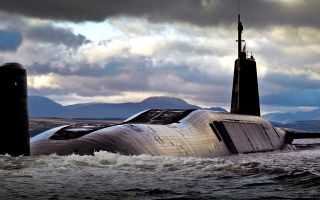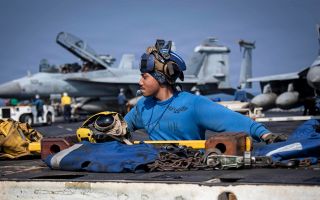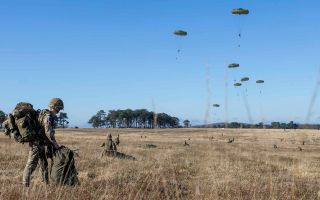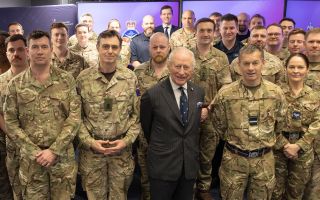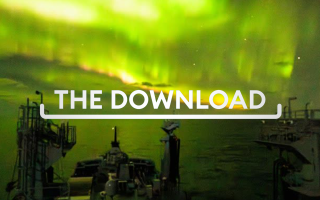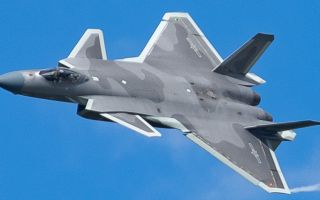British Army would struggle if it was deployed to Ukraine, defence expert warns
If European and British personnel are to operate on the ground in Ukraine, they would have to act as a deterrent to Russia, otherwise they would merely be "hollow", defence analyst Ed Arnold has warmed.
Mr Arnold, a senior research fellow in European security at the Royal United Services Institute, said even if the UK did decide to put troops on the ground, the British Army would struggle massively under the demands of the deployment.
"Putin in the last couple of weeks, I mean he's getting everything that he really wants," he said.
"I mean when before the war started in January 2021, he wrote two draft treaties – one to the US directly and then the second to Nato.
"Part of that was that he wanted the acknowledgement of his great power status and he can talk directly to the US over the Europeans."
He said now the Europeans are "scrambling around having emergency summits because they have not done the contingency planning over the… last decade-and-a-half".
Throughout an interview with BFBS Forces News, Mr Arnold continuously stated that it is still unclear what the requirement for European forces in Ukraine would be.
Earlier this week, Prime Minister Keir Starmer said he was willing to put troops on the ground in the country ahead of a summit with his French and German counterparts.
However the defence expert argued that the British Army would struggle to fulfill this mission, outlining that you need to triple the minimum requirement due to the need to keep the resource available.
"You need to have six-month tours… then six months in terms of your rest and recuperation and then six months training to go back again," he said.
Mr Arnold said if this was a minimum of a brigade, it is actually 15,000 troops – which is in turn 20% of the British Army.
When considering the British Army is already "committed at battlegroup plus to Estonia, but to go up to brigade if and when required", another 20% of the Army, Mr Arnold said it would be "pretty difficult" to enact.
"They would really struggle without financial assistance in actually growing the size of the military or the British military cannot do anything else," he said.
But Mr Arnold said this force must deter Russia from other activity.
"If not, it becomes a hollow force very quickly and also targetable by the Russians either deliberately or by accident," he said.
"The Russians deliberately target children's cancer hospitals, for example, in Ukraine."
He said this could see the Russians targeting European forces deliberately, arguing that it looks as though Article 5 wouldn't apply.
Nato's Article 5 states that an armed attack on one member is considered an attack on all members, but as this would be a European-led mission, not a Nato mission, this may not be the case.
"Therefore the issue for the Europeans is… if you put European forces in Ukraine, what's to stop the Russians targeting them?" he said.
"And this is the difference... not just in terms of numbers of what the Americans provide but also in that deterrence effect.
"The badge on your shoulder matters massively in terms of deterrence."
There has been talk of a ceasefire, with European leaders warning against this without a peace deal with Ukraine.
But Mr Arnold argued he doesn't "see much difference between going in with a ceasefire and not going in with a ceasefire".
"The risks are actually still pretty much the same."
The idea of a peacekeeping force has also been put forward, but Mr Arnold said this would not be your usual peacekeeping force.
"This isn't a peacekeeping force that can go around in berets in soft-skin vehicles because, ultimately, if a wider war was to begin between Nato and Russia then it would become an active war zone," he said.
"And the troops there would… become immediately war-fighting troops that would probably be ordered to invade Russia from the south and fix Russian forces there so the Russians can't bring them to bear within the Baltics and Nordics as well.
"Whatever happens in Ukraine from the military mission, you can't really isolate from wider defence and deterrence within Europe – they're going to be intrinsically linked."

